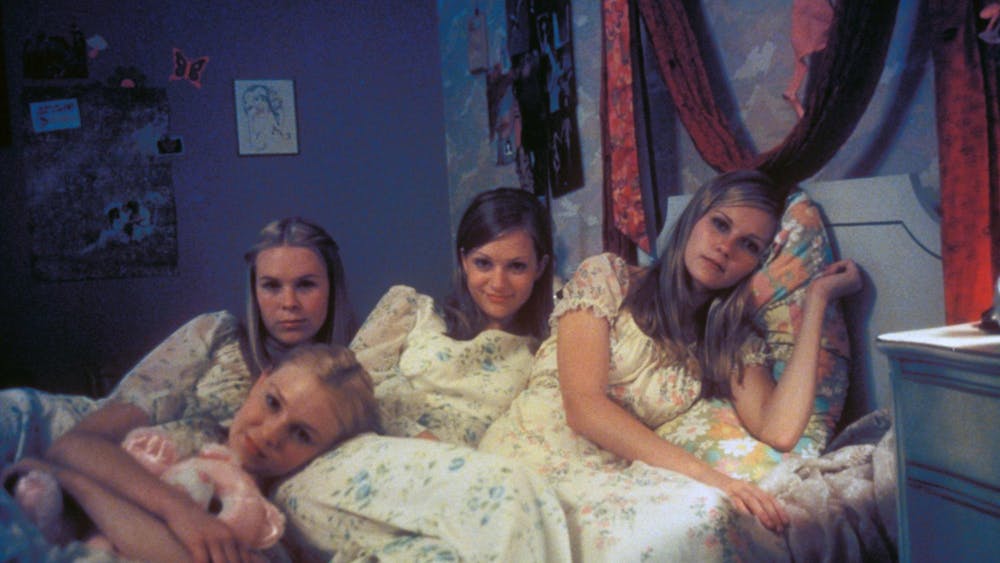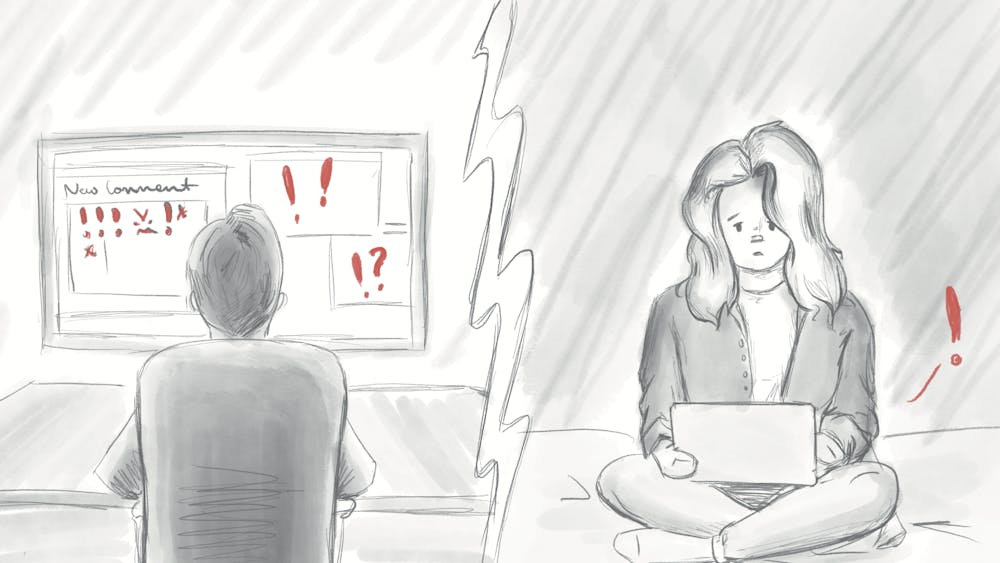There are absolutely no popular Indian actresses who look like me.
As an Indian-American, I was always confused as a little girl as to why people like me weren’t considered pretty enough to be on television. Over time, I discovered we’re “too dark” by Indian and American standards.
And this standard applies broadly to every American of minority descent, be they Hispanic, Middle-Eastern, African-American or Asian. They’ll tell you the same thing.
The models, actresses and pretty girls in advertisements all have fair skin.
Despite supposedly being a “post-racial” society, our skin color still affects how people perceive their self-worth.
But glorifying pale skin is pointless, harmful and hurts young girl’s self-esteem—and it needs to be stopped.
As a business, the skin-lightening industry is a highly lucrative one. With projected global sales of $19.8 billion in 2018 according to a report from Global Industry Analysts, skin-lightening creams are becoming increasingly more popular throughout the world.
Although popular and widely-used, the ingredients of these creams are especially harmful.
Hydroquinone, one of the cream’s main ingredients, has been banned in Europe and was responsible for a mercury poisoning outbreak in Mexico and California.
Other active ingredients have been deemed “possibly carcinogenic,” according to the Latin Post.
Despite the side effects, the world’s obsession with pale skin still continues.
In many parts of the world, light and dark skin creates a distinction between classes and wealth, based solely on one’s melanin content.
In the Caribbean, dark-skinned women are seen as “poor” or “ghetto,” according to testimonies documented by the Center for New York City Affairs at the New School.
In Asia, men and women lighten their skins in order to appear as though they belong to the upper-class, according to anthropologist Nina Jablonski in her book “Living Color”.
And in Brazil, the pop star Anitta stirred controversy when she attempted to become “white” overnight by making her curly hair straight and her dark skin pale as a way to appeal to the nation’s upper-class, according to the Guardian.
Over the centuries, we’ve criminalized and dehumanized those with dark skin, a distinction that still sadly lasts today.
By glorifying and perpetuating white skin as the social norm, we are destroying the self-esteem of millions of young girls.
Personally, I still experience moments of self-doubt where I don’t feel pretty enough because of my skin tone.
During the summer months, I’m often told how dark I’ve become, but the looks on their faces indicate that it’s not a compliment.
I often shy away from wearing colors that make my dark skin pop. Bold shades of lipstick terrify me because it calls attention to my skin tone.
And I feel all of this despite knowing it stems from centuries of colonialism and classism.
I’m not ugly because I have dark skin. I’m not inferior because my melanin content is higher. The skin I have is beautiful and I think that’s something all dark-skinned people need to hear.
I don’t want anyone, especially the world’s youth, looking at an advertisement for bleaching cream and wondering if it’s worth it.
Melanin is beautiful. And in the 21st century, it’s time we acknowledge that.
npatwari@indiana.edu





